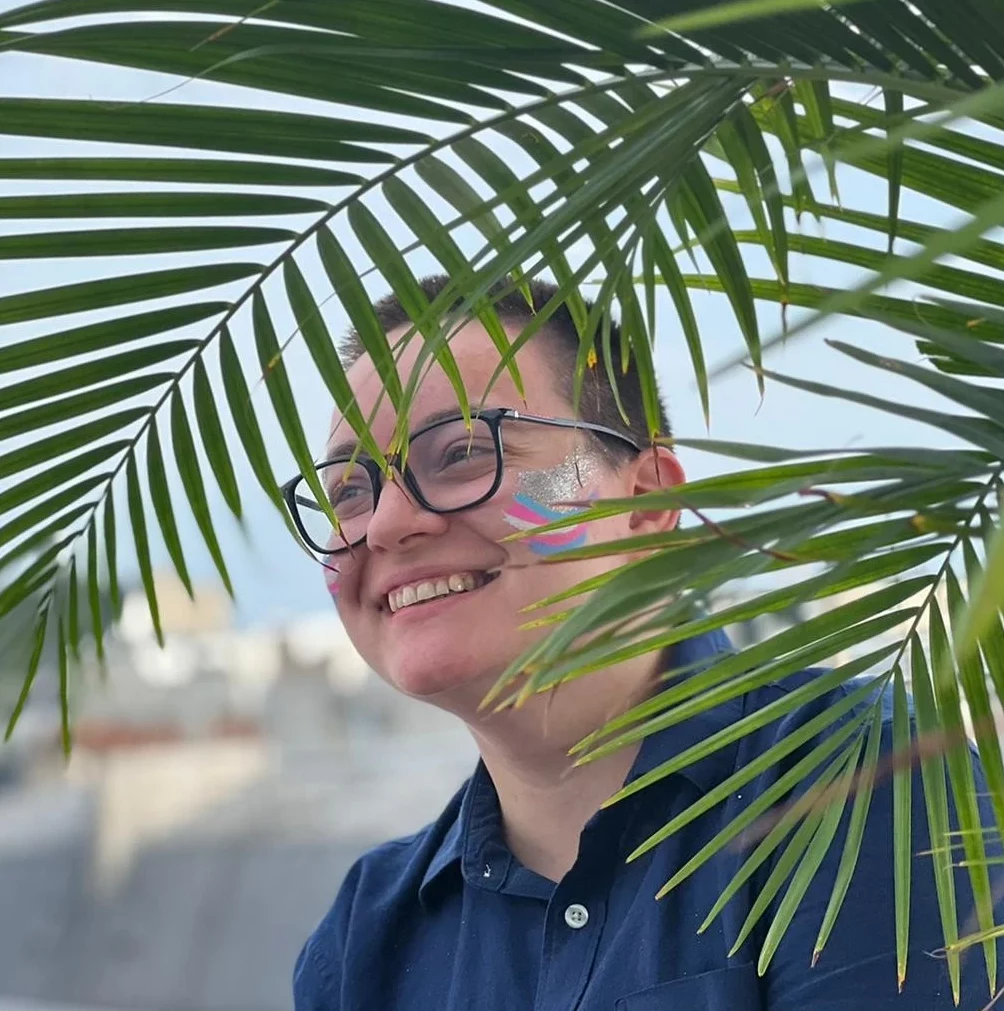en
425 articles sont étiquetés en.
The No-Girlfriend Rule
Hollis Beckwith isn’t trying to get a girl—she’s just trying to get by. For a fat, broke girl with anxiety, the start of senior year brings enough to worry about. And besides, she already has a boyfriend: Chris. Their relationship isn’t particularly exciting, but it’s comfortable and familiar, and Hollis wants it to survive beyond senior year. To prove she’s a girlfriend worth keeping, Hollis decides to learn Chris’s favorite tabletop roleplaying game, Secrets & Sorcery—but his unfortunate “No Girlfriends at the Table” rule means she’ll need to find her own group if she wants in.
Enter: Gloria Castañeda and her all-girls game of S&S! Crowded at the table in Gloria’s cozy Ohio apartment, the six girls battle twisted magic in-game and become fast friends outside it. With her character as armor, Hollis starts to believe that maybe she can be more than just fat, anxious, and a little lost.
But then an in-game crush develops between Hollis’s character and the bard played by charismatic Aini Amin-Shaw, whose wide, cocky grin makes Hollis’s stomach flutter. As their gentle flirting sparks into something deeper, Hollis is no longer sure what she wants…or if she’s content to just play pretend.
Remember how I’m exhausted of queer novels always being YA and cannot relate to any of it? Well. The No-Girlfriend Rule is a young adult (high school) novel about a girl who realizes she might not be super straight while playing a tabletop RPG with a group of feminists, only one of them blue-haired. I’m…
Re:Elevating my RSS feed
Auditing my social media use and news consumption
Summer Olympics sports tier list
July 2024 in review / Récap de juillet 2024
Last night at the Hollywood canteen
Perhaps the best place in 1943 Hollywood to see the stars is the Hollywood Canteen, a club for servicemen staffed exclusively by those in show business. Murder mystery playwright Annie Laurence, new in town after a devastating breakup, definitely hopes to rub elbows with the right stars. Maybe then she can get her movie made.
But Hollywood proves to be more than tinsel and glamour. When despised film critic Fiona Farris is found dead in the Canteen kitchen, Annie realizes any one of the Canteen’s luminous volunteers could be guilty of the crime. To catch the killer, Annie falls in with Fiona’s friends, a bitter and cynical group–each as uniquely unhappy in their life and career as Annie is in hers–that call themselves the Ambassador’s Club.
Solving a murder in real life, it turns out, is a lot harder than writing one for the stage. And by involving herself in the secrets and lies of the Ambassador’s Club, Annie just might have put a target on her own back.
A polyamorous, bisexual murder mystery set in 1940s, pre-Singin’ in the Rain Hollywood? Do I need to say more? Here is my original draft for this review: do you know how rare lgbt thriller mysteries are? do you???? Now − I’ve read a few queer crime novels recently, so clearly there’s more and more going…
100 day challenge: no more squats, hello photos
Blood in the machine
The most urgent story in modern tech begins not in Silicon Valley but two hundred years ago in rural England, when workers known as the Luddites rose up rather than starve at the hands of factory owners who were using automated machines to erase their livelihoods.
The Luddites organized guerrilla raids to smash those machines—on punishment of death—and won the support of Lord Byron, enraged the Prince Regent, and inspired the birth of science fiction. This all-but-forgotten class struggle brought nineteenth-century England to its knees.
Today, technology imperils millions of jobs, robots are crowding factory floors, and artificial intelligence will soon pervade every aspect of our economy. How will this change the way we live? And what can we do about it?
I found out about Blood in the machine through the episode of 99% Invisible podcast of the same name. Blood in the machine is storytelling more than anything else. It follows just a few emblematic people, recreating their life and struggle from the sources, and goes to more general lessons from there. This narrative approach…
Downloadable Olympics calendars
Paris 2024 Summer Olympic Games calendars (*.ics). Contribute to fabrice404/olympics-calendar development by creating an account on GitHub.
Use this Olympics calendar list to subscribe to: All Olympics event with a given country All events within an Olympic sport I subscribed manually to everything because I have way too much free time, and I also subscribed, in another calendar, to everything France-related. First games in 2 days, I’m so excited!

